A deportation flight from the US to the small southern African kingdom of Eswatini is causing a stir: five foreign criminals, none of whom are from Eswatini, were extradited there by the US government on Wednesday – including a Vietnamese man who has now ended up in Africa. The deportation is now being criticized.
According to the US Department of Homeland Security, the deported men are convicted criminals from Cuba, Jamaica, Vietnam, Laos, and Yemen. They were convicted of serious crimes such as murder and rape. Since their countries of origin refused to take them back, Eswatini stepped in as a “safe third country,” according to Washington. However, observers suspect that the move is a political and economic lever by the Trump administration, which has been gradually introducing new import tariffs on African products since April, reports the Standard.
Deal with far-reaching consequences
What is particularly controversial is that the Eswatini government did not inform the population about the deal in advance. Only after news of the deportation flight became public did government spokeswoman Thabile Mdluli comment that those affected posed “no danger to the population” and that the government was working with the International Organization for Migration (IOM) to return them to their countries of origin – a plan that remains uncertain given the refusal of those countries to accept them.
Resistance is now growing in Eswatini. Human rights lawyer Sibusiso Nhlabatsi is demanding clarification of the background to the deal: “The public has been bypassed. If taxpayers’ money is being used to house these people, this must be made transparent.” The umbrella organization of civil society organizations, CANGO, also sharply criticizes the move.
Director Thembinkosi Dlamini warns: “Our justice and prison systems are neither prepared nor capable of safely holding such prisoners.” Community activist Khulekani Msweli even calls the deportation flight an example of “imperialist tactics”: “Such agreements are made between elites, but it is we, the people, who bear the consequences.”
Prominent journalist Bheki Makhubu also expressed doubts on social media as to whether compensation paid by the US would ever reach the general population.
The timing of the action comes at a time of political and social uncertainty in Eswatini. Since the bloody crackdown on protests against the monarchy in 2021, in which dozens of demonstrators were killed, discontent has been growing among the population. The murder of human rights lawyer Thulani Maseko in 2023, allegedly politically motivated, remains unsolved to this day. His widow was herself harassed by the police in her attempts to obtain justice.
The impression that Eswatini is now serving as a reception camp for serious criminals unwanted in the US could further destabilize the fragile domestic political situation. The deal with the US is not supported by either parliament or the traditional advisory body Sibaya, which many observers consider highly questionable from both a legal and political perspective.
US increases pressure on African states
The case is part of a larger trend: in recent months, the US has been trying to persuade African states to take in deported migrants, including Liberia, Gabon, and Mauritania. In some cases, economic pressure is said to have been used, such as threats of increased tariffs on exports.
It remains unclear whether Eswatini was also subject to such pressure. The country mainly exports textiles to the US, an industry that is already suffering from the tightened US customs regulations. Lesotho, a neighboring country, has already declared a state of economic emergency as a result.
Credit: APA
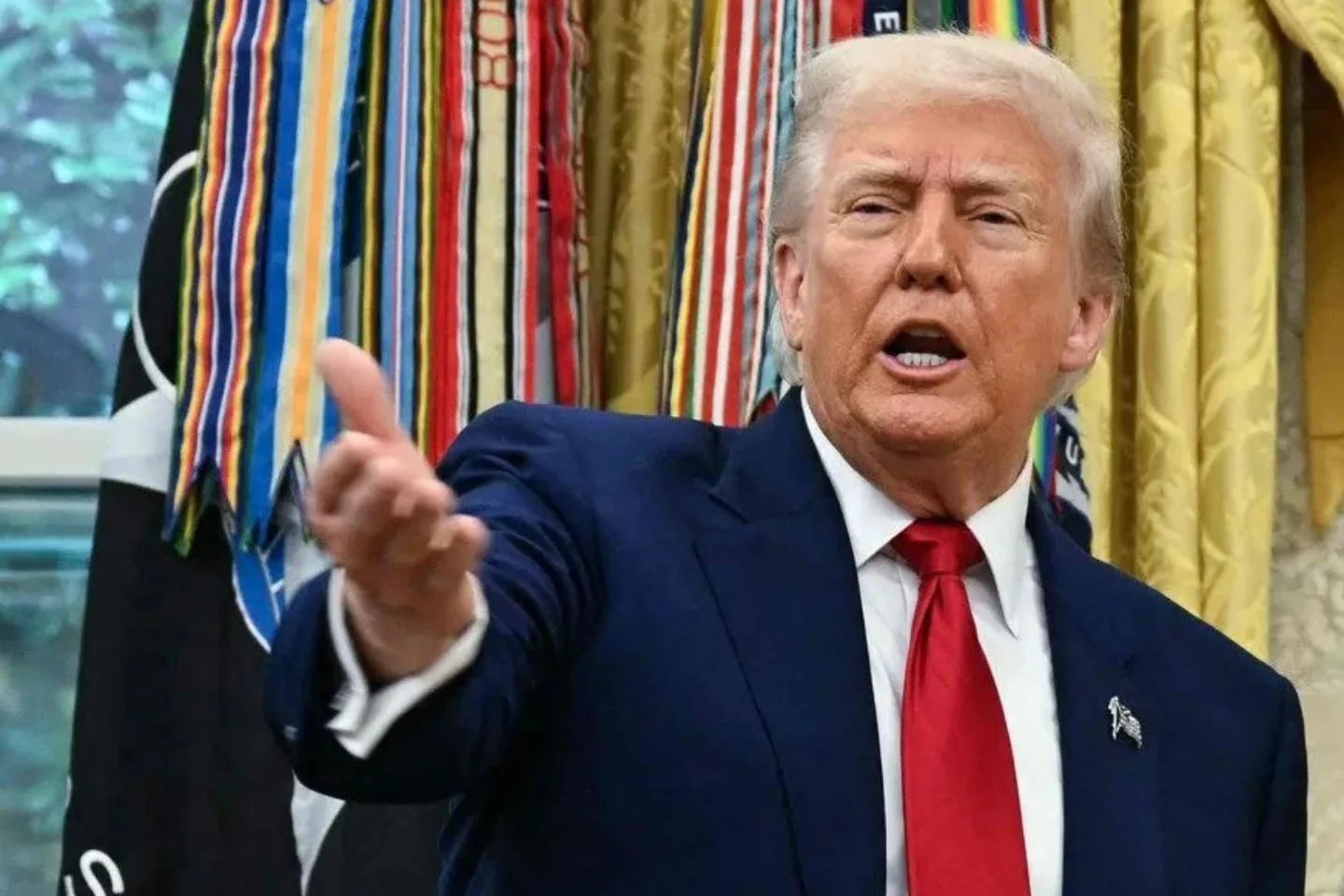
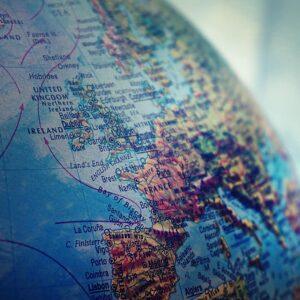






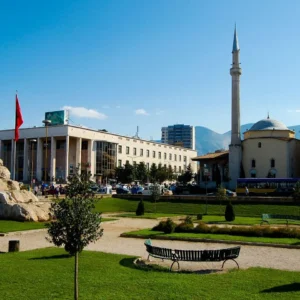
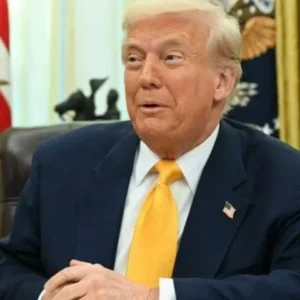
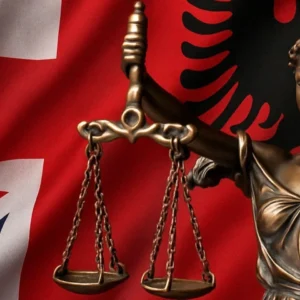
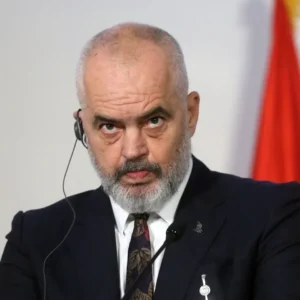

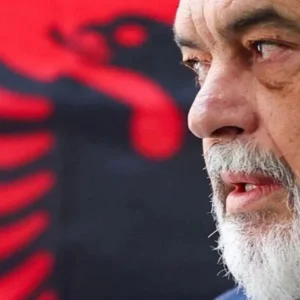
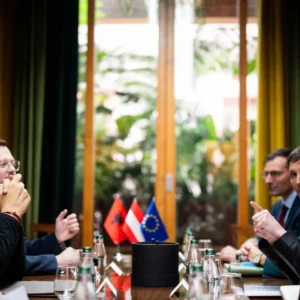
Recent Comments